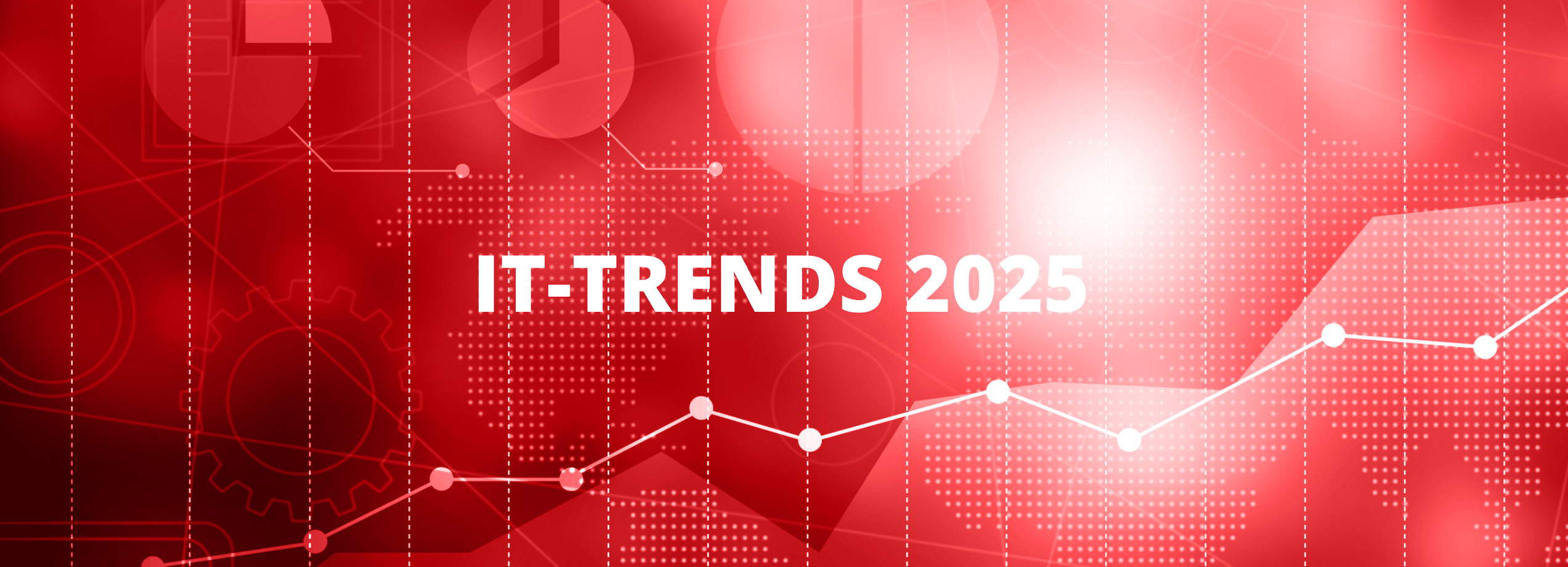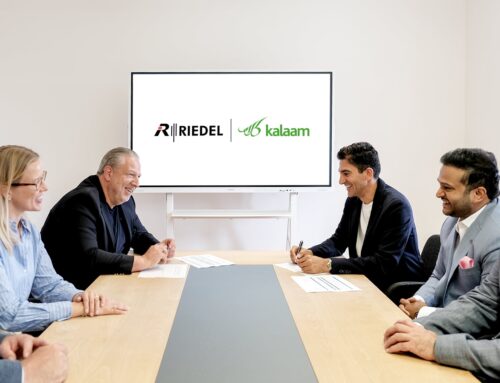Butzbach, November 25, 2024 – The digital transformation and regulatory framework will increasingly shape the way companies design their IT landscapes in 2025. RIEDEL Networks, a provider of tailormade IT security and network services, sees key technologies such as cloud transformation, which enable increasingly scalable and flexible IT infrastructures, and the intelligent use of data as major drivers for the future. “In order to protect their IT infrastructure from increasing threats, there is a growing need for companies to establish secure and robust networks,” explains Michael Martens, CEO of RIEDEL Networks. “In addition, the EU Energy Efficiency Act is increasingly becoming a decisive factor for companies that want to make their IT operating models sustainable.” RIEDEL Networks provides an overview of the key technological developments that will shape companies in 2025.
Focus on cloud transformation
Data centers are experiencing major growth, as companies will increasingly rely on cloud solutions to perform more and more tasks in the cloud instead of on-premise. In particular, the use of artificial intelligence (AI) in the cloud will play a decisive role, as data and information systems can be better analyzed and searched in a more targeted manner using AI. The trend towards multi-cloud will also intensify. Companies are increasingly opting to distribute their workloads and resources across multiple cloud platforms. This not only helps to minimize risks by reducing dependency on a single provider, but also increases flexibility and resilience. At the same time, the multi-cloud approach enables companies to use the best cloud infrastructure for each task.
Trend towards increased data usage
The amount of data and its use will continue to increase. The information collected by CRM systems, for example, is becoming increasingly comprehensive, as they not only capture basic customer data, but also behavioral patterns, preferences and interactions across different channels. Accordingly, the importance of data networks will continue to grow. Companies are faced with the important decision of whether to transmit data via a private MPLS network or a public IP network. The use of public networks places additional demands on IT security. Choosing the right network is therefore a crucial aspect of protecting sensitive information and ensuring data security. Technologies such as Secure Access Service Edge (SASE) and Software-Defined Wide Area Network (SD-WAN) offer decisive solutions for meeting security requirements. At the same time, they reduce the dependency on dedicated lines. While such connections will not be completely eliminated, their use will be largely limited to scenarios with guaranteed quality or special security requirements.
Effects of the NIS 2 Directive
The majority of companies affected by the NIS 2 Directive underestimate its scope and impact. The focus of many companies is primarily on pure compliance, without questioning the underlying necessity and preventative nature of the directive. Security incidents can be significantly mitigated if appropriate defensive measures have been taken. Therefore, compliance with the NIS 2 Directive should not only be perceived as an obligation, but also as an opportunity to minimize future risks in a targeted manner and gain a strategic competitive advantage. One challenge in implementing the directive is the lack of technical expertise in many sectors, especially in industries with little contact to IT and cyber security. The topic is often underestimated by managers, as IT security decisions often lie with the cost-oriented CFO. It would be more effective to assign IT managers directly to the CEO or COO, who view IT security from a risk management perspective and are prepared to allocate resources to long-term corporate security.
Secure networks for medium-sized companies
Choosing the right IT security provider is a decisive factor. Small and medium-sized enterprises (SMEs) in particular, which often do not have the necessary in-house expertise, are reliant on external experts. They should not only have comprehensive technical expertise, but also offer individual advice at eye level in order to efficiently develop and implement tailormade security solutions. Many providers are increasingly relying on AI-based support, but in many cases this cannot completely replace personal interaction. When choosing a service provider, SMEs should therefore pay particular attention to ensuring that they are guaranteed personal, qualified support that is tailored to their individual needs. Although AI can bring efficiency gains in many areas, the human factor – especially in consulting and problem solving – is indispensable in the field of IT security. Another important point will be increased cooperation between service providers and companies as part of co-management. Modern management dashboards enable customers to continue to take on tasks such as setting firewall rules themselves, while the service provider takes on the rest of the network management.






